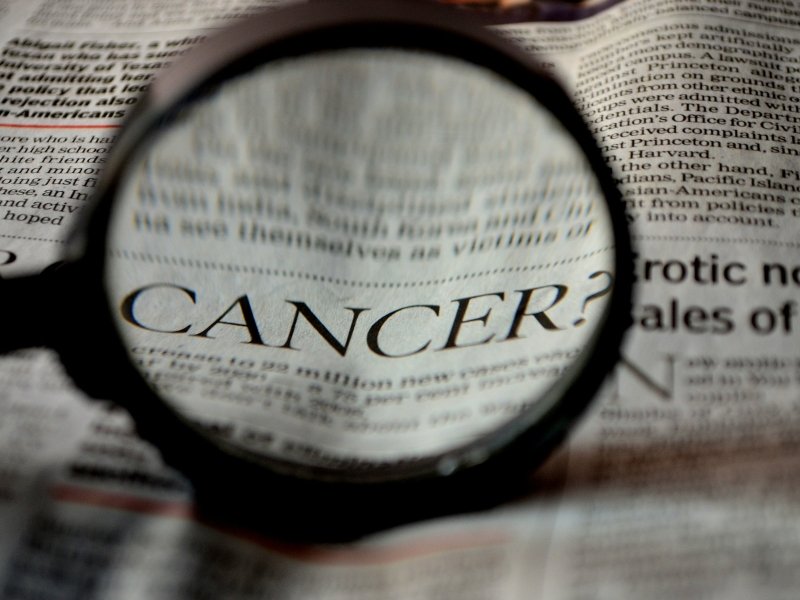
A Singapore biotech that has been manufacturing virus-specific T cells for its clinical studies is ready to scale up. Tessa Therapeutics will build a 90,000 square foot global cell therapy manufacturing facility in Singapore.
Tessa Therapeutics, which is developing cell therapies to treat cancer, expects to have the facility complete by year-end 2020. It will be put into an existing building it has leased. The entire 130,000 square-foot project will include office space to house Tessa’s Corporate Headquarters.
RELATED: Parker-Tessa alliance tees up solid tumor I-O combinations
“As one of very few manufacturing facilities globally designed with the capabilities to meet clinical trial and registration requirements from multiple geographies, Tessa is poised to rapidly advance its role as a leading innovator of next-generation cancer cell therapies,” John Ng, Tessa chief operations officer of Tessa Therapeutics, said in a statement.
The facility will include technology for real-time monitoring of its manufacturing operations and “vein-to-vein” supply chain logistics. That will allow for better decision-making and coordination at the hospital sites, the company says.
RELATED: Tessa buys Euchloe for suite of checkpoint inhibitors
Tessa two years ago raised about $ 80 million to advance its work on virus-specific T cell (VST) immunotherapies. Its pipeline includes a candidate that targets tumors expressing Epstein-Barr virus proteins for treating nasopharyngeal cancer and one aimed at cervical and oropharyngeal cancers caused by human papillomavirus.
Using VST cells, which is similar to autologous CAR-T therapies, involves harvesting white blood cells from peripheral blood, stimulating them to proliferate and respond to tumor cells expressing viral antigens, and then reinfusing the cells into the patient in hopes of stimulating an immune response.
